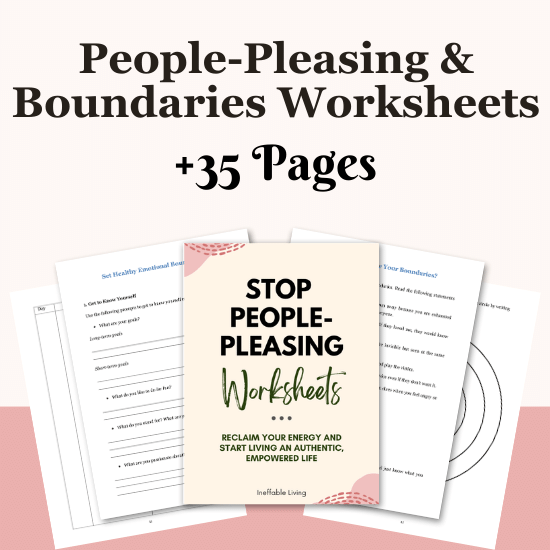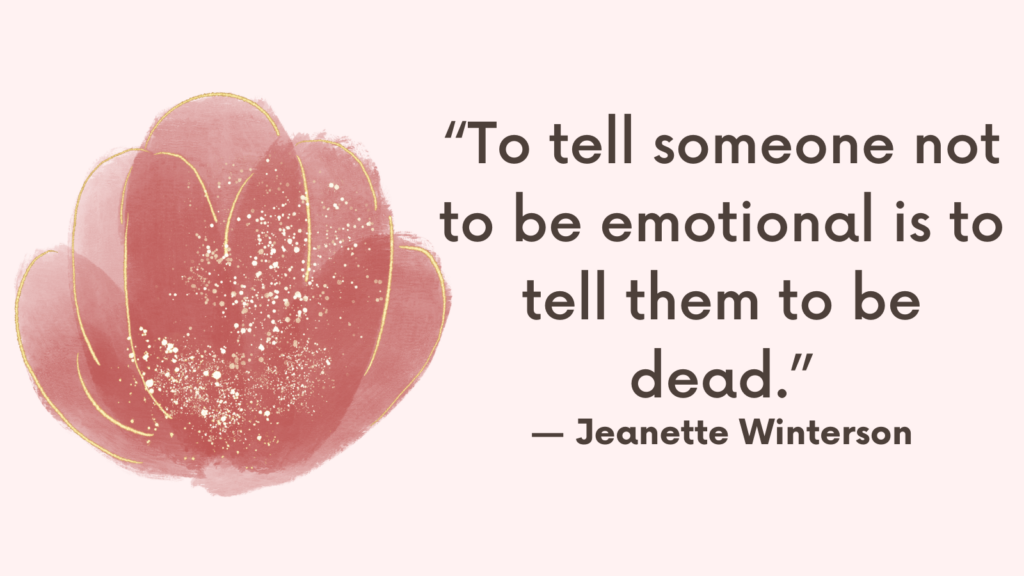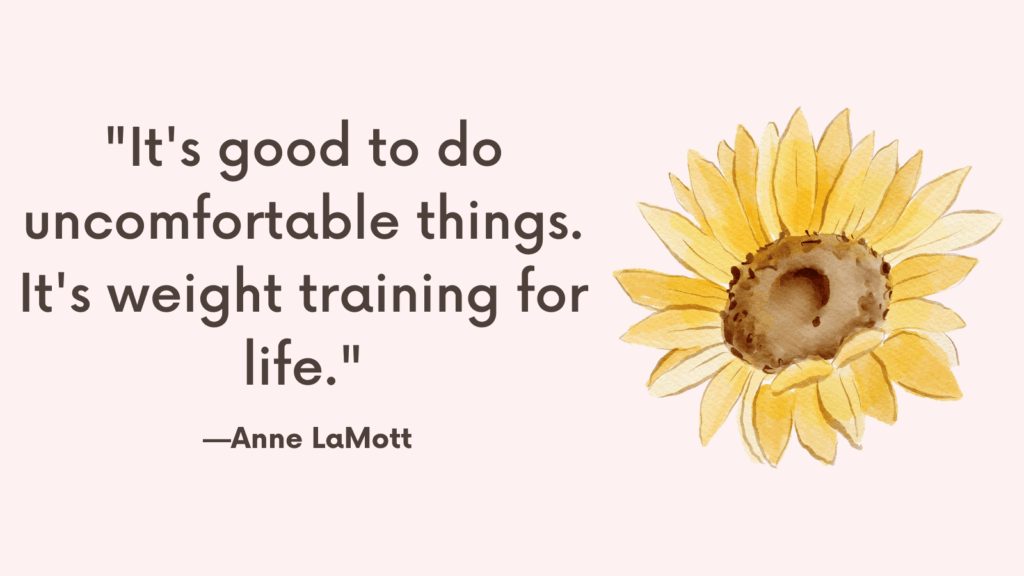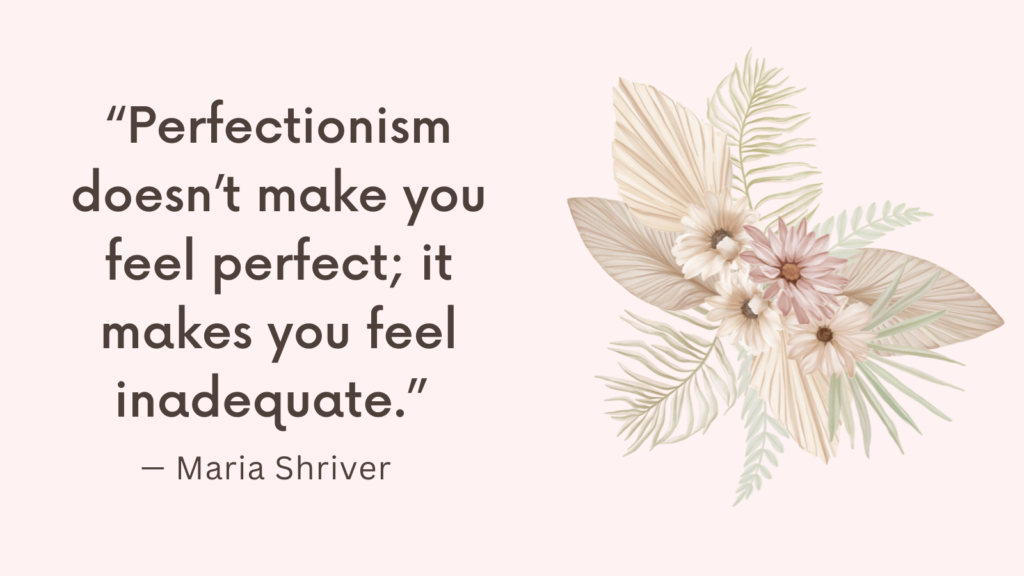Do you find yourself absorbing other people’s emotions, leading to overwhelming feelings and shutting down?
This phenomenon, often described as being an “emotional sponge,” can be draining and affect your mental well-being.
Understanding why this happens and learning strategies to set better boundaries can help you manage and protect your emotional health.
Are You an Emotional Sponge?
Being an “emotional sponge” means that you tend to absorb and take on the emotions of those around you.
While empathy is a valuable trait, being an emotional sponge can lead to emotional exhaustion and stress.
Here are some signs that you might be an emotional sponge:
1. Feeling Overwhelmed in Crowds
You often feel drained, anxious, or overwhelmed in crowded places because you pick up on the emotions of everyone around you.
2. Mood Swings
Your mood can change rapidly based on the emotions of those you interact with. You might feel happy one moment and sad the next, depending on the emotional state of others.
3. High Empathy
You have a deep sense of empathy and can easily put yourself in other people’s shoes, feeling their emotions as if they were your own.
Related: Empathy Vs Codependency
4. Physical Reactions
You may experience physical symptoms, such as headaches, fatigue, or stomachaches, when you are around negative emotions or stressful situations.
5. Difficulty Setting Boundaries
You find it hard to set emotional boundaries, often prioritizing others’ feelings over your own and struggling to say no.
6. Taking on Others’ Problems
You have a tendency to take on the problems of friends, family, or even strangers, feeling a strong need to help or fix their issues.
7. Feeling Responsible for Others’ Emotions
You often feel responsible for making others happy or for their emotional well-being, even at the expense of your own.
Related: Toxic Empathy: Top 7 Signs
8. Avoidance of Negative Situations
You might avoid certain people or situations known to be emotionally charged or negative because you know you’ll absorb those emotions.
9. Need for Alone Time
You require regular alone time to recharge and decompress from absorbing others’ emotions, finding peace in solitude.
10. Highly Intuitive
You have a strong intuition and can often sense how others are feeling, even if they haven’t expressed it verbally.
Related: Top 9 Highly Sensitive Person Coping Strategies [HSP’s Survival Guide]
Why You Absorb Others’ Emotions
1. Low Emotional Intelligence
One reason you might absorb others’ emotions is having low emotional intelligence.
Emotional intelligence involves recognizing and managing your own emotions and distinguishing them from others’ emotions.
Without this skill, you might unknowingly take on others’ feelings as your own, leading to confusion and distress.
2. Lack of Self-Awareness
To manage emotions effectively, you need a high degree of self-awareness.
This means understanding the specific emotions you are experiencing rather than categorizing them under a vague term like “bad.”
By recognizing whether you feel angry, insulted, bored, or empty, you can better manage your emotions and avoid absorbing others’ negative feelings.
Related: How to Let Go of Shame as an HSP (Highly Sensitive Person)?
3. Attraction to Emotionally Intense People
You might be unconsciously drawn to people with strong emotions.
This attraction could stem from your own uncertainty about your emotions, leading you to rely on others to define how you feel.
This automatic process helps you deal with your emotional ambiguity but can also result in taking on their intense emotions.
4. People-Pleasing and the Need to Fix
Another factor is a tendency to please others and the need to fix people.
If you have a strong desire to avoid disappointing others or feel validated by helping them, you may accept their intense emotions as your own.
This can lead to a cycle of emotional overwhelm and exhaustion.
Related: Top Resources For Highly Sensitive Person (Tests, Support Groups, Books, Workbooks, Blogs, etc.)
5 Tips for Better Boundaries
1. Increase Your Emotional Intelligence
Start by increasing your self-awareness and expanding your emotional vocabulary.
Identify and name your emotions specifically, rather than using broad terms.
Using tools like emotion cards can help you articulate your feelings more precisely.
2. Reflect on the Source of Your Emotions
When you feel overwhelmed, pause and consider whether the emotions are truly yours or if they were handed off to you by someone else.
Understanding the source of your feelings can help you maintain emotional boundaries and prevent you from internalizing others’ emotions.
Related: Best 30 Journal Prompts For Highly Sensitive Person
3. Manage Your Emotions
Learn to manage your emotions so they don’t overwhelm you. Practicing mindfulness meditation can be particularly effective.
For example, mindfulness exercises can help you observe and accept negative emotions without letting them take over your thoughts and behavior.
Building this emotional resilience allows you to be present with negative emotions without absorbing them.
4. Establish Physical and Emotional Boundaries
Setting clear boundaries with others is crucial.
This might involve creating physical distance from someone who is emotionally intense or setting limits on how much time you spend with them.
Physical distance can help you maintain emotional separation and prevent their feelings from encroaching on your emotional space.
5. Reflect on Your Need to Save Others
If you have a pattern of trying to fix or save others, take a step back and reflect on why you feel compelled to do so.
Understanding your motivations—whether it’s a sense of control, distraction from your own pain, or a need for validation—can help you address these underlying issues and develop healthier relationships.
Related: Best 10 Highly Sensitive People Books

Conclusion
Being an emotional sponge can lead to overwhelming feelings and emotional exhaustion.
By increasing your emotional intelligence, reflecting on the source of your emotions, managing your emotions effectively, establishing boundaries, and understanding your motivations, you can protect your mental health and build healthier relationships.



